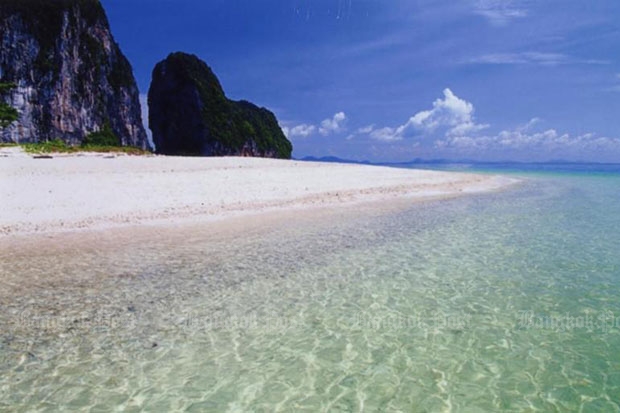
As many as 33.83 million foreign tourists could visit Thailand in 2016, up 13.22% on the 29.8 million in 2015, according to the Tourism Council of Thailand (TCT).
TCT president Ittirit Kinglek said the council also projected tourism-generated income this year could reach 1.75 trillion baht, up 20.95% on last year's 1.447 trillion baht.
A total of 8.81 million international arrivals were expected in the first quarter, up 12.23% year-on-year, and 7.82 million in the second quarter, or growth of 11.56%, based on the assumption there are no unusual events.
Mr Ittirit said the confidence index in the tourism industry in the first quarter stood at 95 points, which was slightly lower than normal.
Tourism operators relying on Thai customers were still assessing their business prospects, being wary of domestic circumstances, but those with foreign customers were still had a positive outlook, he said. Foreign tourist arrivals had shown an upward trend since the beginning of the year.
Mr Ittirit said tourism and government spending had been the economic drivers in 2016 so far. The tourism industry wanted the government to stimulate both the domestic and international markets.
The tourism council has suggested the government give increased publicity to its tax incentives for domestic tourists to ensure people fully understood the benefits and criteria. However, it recommended caution in announcing additional public holidays.
The government also needed to monitor the affects of the rapid rise of tourists at some destinations and the entry of foreign companies into the business in Thailand.
Facilities at tourist destinations needed to be improved, and assistance given to small- and medium-sized operators in developing safe attractions.
Pratheep Jongthong, president of the Trang Tourism Association, said the government’s allowing up to 15,000 baht in tax deductions for dining and travel expenses during Songkran was unlikely to stimulate the tourism market. People with purchasing power had already planned their trips, and the less well-off were keeping their money for necessities.
He thought the government should invest in developing the industry for long term benefits that would ensure convenience and safety for visitors. For example, some destinations required new, clean toilet facilities. Without them, tourists would start avoiding those places.
Mr Pratheep said there were more visitors to beaches on the Andaman Sea, but many did not travel to the islands because of the high entrance fees. He suggested the government lower the cost.
The government should also spend on personnel development and increasing management efficiency at tourist destinations, to attract more Thai tourists.


